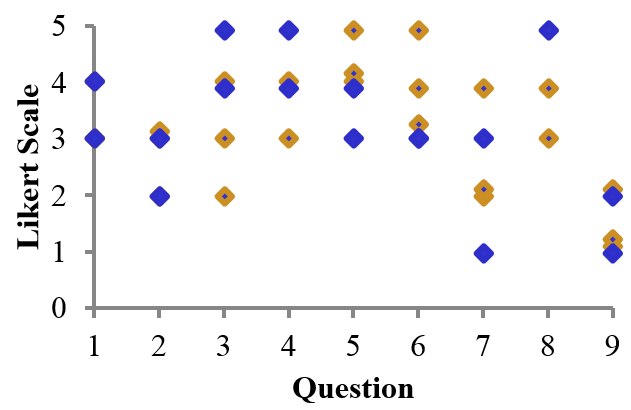Work in Progress: Design of a First-Year Rhetoric Course for Engineering Students
This Work in Progress paper describes an initiative to intervene at a curricular level, asking engineering students to consider writing as an essential and crucial element of being an engineer- and developing rhetorical awareness and writing skills. Educators and employers deem communication skills as critical for undergraduates (1), and ABET recognizes this by including “an ability to communicate effectively” as one of its stated student outcomes (2). However, this is an area that engineering students themselves perceive as the greatest gap in their undergraduate education (3). Furthermore, many engineering students undervalue the importance of writing skills and buy into the myth of engineers as ‘bad writers,’ believing themselves to be poor writers and communicators.
To achieve these goals, a committee composed of engineers from a variety of fields along with composition studies experts from the Undergraduate Rhetoric Program developed a curriculum designed to focus on introducing engineers to relevant genres and types of writing prominent in many kinds of engineering. The “Writing in Engineering Fields” course, designed to mirror the university’s first-year composition course, aims to inculcate these skills in a single semester. Writing assignments will include genres such as lab reports, abstracts, problem statements, technical instructions, and more “public”-oriented kinds of engineering writing. Also included are rhetorical reflections that ask students to consider the choices made in their own writing and to understand writing as a process in which they engage.
The course is structured so that students begin with an introduction to the Grand Challenges concepts, culminating in an assignment that asks students to analyze the written and rhetorical choices made across three texts that reflect a particular Grand Challenge concern, along with a rhetorical reflection. In addition, students will be introduced to the purposes and aims of writing as an engineer, as well as being introduced to the variety of writing genres engineers must master. The course continues into a second unit focused on writing that is primarily written by engineers to be read by other engineers, and includes discussion/study of genres such as problem statements, “state-of-art” reviews, and technical instructions, among others. This middle unit culminates in two different major assignments, a set of technical instructions and a ”state-of-art” review for the student’s chosen engineering field, each also having a rhetorical reflection attached. The final unit shifts to considering how engineers must be capable of writing towards non-engineering audiences as well as technically knowledgeable audiences, so this unit returns to asking students to consider the rhetorical choices required, culminating in a “remix” of an earlier assignment into a different, more public genre.
The course efficacy in achieving established goals will be assessed through a series of short surveys designed to evaluate students’ attitudes toward and perceptions of technical writing, along with an assessment of students’ proficiency in writing by a panel of faculty judges drawn from both the English and Engineering. The control group will consist of student volunteers taking the traditional first-year academic writing course and students who received no first-year writing instruction.
We believe that engineering students, some of whom may have tested out of the first-year composition requirements before their arrival, will find this course more relevant and engaging and will challenge the myth of engineers being poor or disinterested writers. In the longer term, professors in the students’ particular engineering disciplines will be better able to address specific, highly technical engineering genres, as their students will have been introduced to many of them, as well as to rhetorical and genre principles of writing in general.

